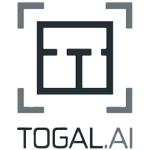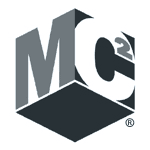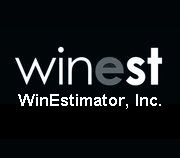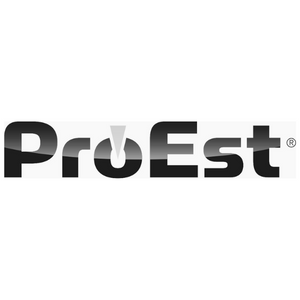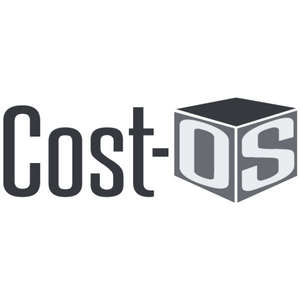Construction Inclusion Week 2023—Supplier Diversity
 Established in 2021, Construction Inclusion Week (CIW) is an awareness campaign to encourage the construction industry’s interest in the importance of diversity, equity, and inclusion (DEI). The founding group includes Mortenson, McCarthy, Turner, DPR Construction, and DESTINI Estimator users Gilbane and Clark Construction Group.
Established in 2021, Construction Inclusion Week (CIW) is an awareness campaign to encourage the construction industry’s interest in the importance of diversity, equity, and inclusion (DEI). The founding group includes Mortenson, McCarthy, Turner, DPR Construction, and DESTINI Estimator users Gilbane and Clark Construction Group.
In recent years, DEI initiatives have become a priority for many businesses across all industries. DEI programs look different for every company, but the focus is the same—critically looking at how the company supports traditionally marginalized groups.
However, DEI goes beyond just looking at how protected classes are treated, DEI also includes workplace culture and allowing everyone, regardless of background, to feel seen, heard, and safe to be their full selves.
Companies that focus on DEI efforts reap the benefits of having an inclusive workforce:
- More likely to reach your financial goals by up to 120%.
- Increased engagement and productivity.
- Drives innovation.
- Provides a competitive advantage.
- Helps attract and retain employees.
Construction Inclusion Week says, “If we genuinely want to attract, retain, and develop the best talent for our industry and maximize the diversity of our suppliers, we must grow our industry’s culture to be truly inclusive.”
Each day, Construction Inclusion Week highlights one aspect of DEI:
- Day 1 10/16-Commitement and accountability
- Day 2 10/17-Belonging
- Day 3 10/18-Supplier diversity
- Day 4 10/19-Workplace culture
- Day 5 10/20-Community engagement
Supplier Diversity
What is Supplier Diversity?
Supplier diversity is a procurement strategy that promotes inclusivity. Diverse suppliers are defined as those at least 51% owned by a historically underrepresented group, including women-owned, minority-owned, owned by those with disabilities, veteran-owned, and LGBQT+-owned.
Supplier diversity programs began with car manufacturer GM in the late 1960s, followed by IBM and AT&T under Executive Order 11246. And for federal government contracts, GCs must have a supplier diversity program that includes small business. Some owners require you to have a supplier diversity program.
Despite these obligatory reasons, supplier diversity programs have many advantages:
- You have more choices and greater flexibility.
- It drives healthy competition.
- Increased attractiveness to potential employees. (64% of Millennials report that they would refuse to work for a company that didn’t have some sort of social responsibility program or initiative. And over half of all applicants desire a company with a supplier diversity program.)
- Improve your brand and business. (CVM Solutions found in 2019 that 82% of buyers prefer a company with a supplier diversity program.)
- Contributes to bettering the economy. (A McKinsey report found that supplier diversity and DEI programs provide an additional $280 billion in income and create 4 million more jobs.)
And most importantly…
- You’re doing the right thing!
Every single person who works in the AEC industry contributes to how construction touches the lives of everyone. Tracy Sanders, Social Responsibility and Community Development at Sundt, says, “…when you look at supplier diversity, giving diverse contractors equitable opportunities to be included in procurement. It is a very, very important part.”
You play a pivotal role in building the buildings that greatly affect every aspect of everyone’s lives. And though it may not feel like it through your day-to-day tasks, it’s a really big deal. Your project decisions impact people’s lives, truly making the world a better place.
To learn how you can spearhead a supplier diversity initiative at your company, watch the webinar below.

-1.png?width=112&height=112&name=image%20(4)-1.png)




